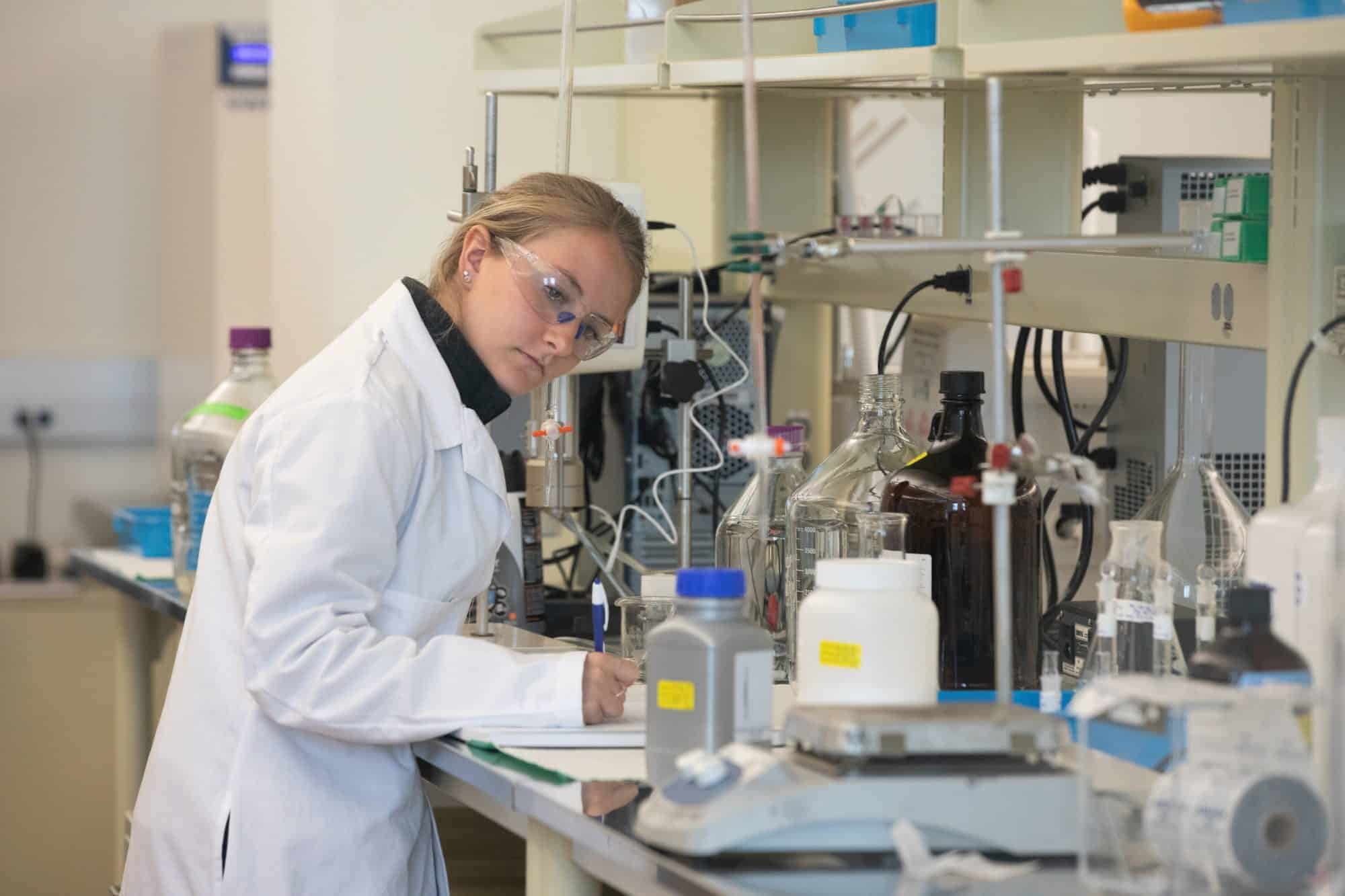First FDA-Approved Peanut Allergy Drug Shows Manufacturing Innovation

Last week, the first drug to treat life-threatening peanut allergies was approved by the Food and Drug Administration, offering families and children new protection against potentially deadly reactions.
The therapy, manufactured by Aimmune Therapeutics, opens the door to additional remedies that may change how food allergies are treated and give millions of people the chance to enjoy experiences like plane travel and meals at a restaurant without worrying about dangerous inadvertent exposure or cross-contamination. Aimmune is working on additional food allergy treatments as well, offering hope to individuals who suffer from a range of severe allergies.
This new development is an example of the manufacturing industry’s capacity for innovation, and a reminder of the importance of research and development. Currently, pharmaceutical manufacturers in the United States spend more on research and development than any other industry. With approximately 1,100 facilities in the United States, pharmaceutical manufacturers are leading a period of significant medical breakthrough.
“As the employers of nearly 13 million Americans, manufacturers care deeply about lowering the cost of health care—and as the innovators behind many revolutionary medicines, manufacturers are also committed to delivering lifesaving and life-changing cures for people in this country and around the world,” said Jay Timmons, president and CEO of the National Association of Manufacturers. “In order to continue that work, we need policymakers to take an approach to drug pricing that protects our ability to provide quality health care and spur innovation, not squash it.”
Some approaches to lowering drug prices, such as international price indexing, which is a form of price fixing, would have adverse effects by preventing manufacturers from investing in life-saving innovations. These price controls act as a tax on manufacturers, leaving less money for research and development and fewer investments in potential cures for debilitating conditions and illnesses that affect millions of vulnerable people.
Instead, manufacturers urge policymakers to take more constructive solutions that preserve American innovation and quality of care.
“The men and women who keep U.S. manufacturing facilities running go to work every day with one goal: to keep Americans healthy,” said Timmons. “We know that our elected leaders share that goal as well, but good intentions must be paired with good policy.”
